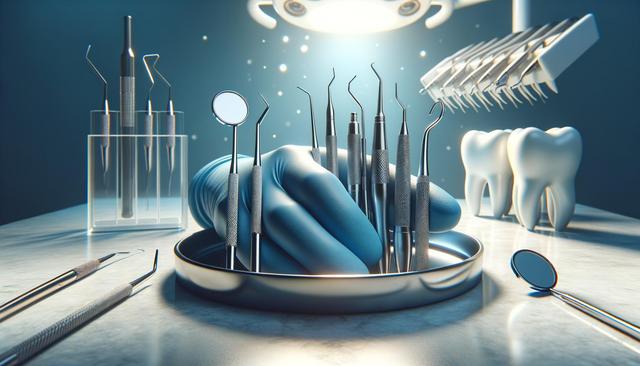Growing Interest in Dental Hygiene Careers
Over the past decade, the healthcare industry has witnessed a steady rise in the demand for dental professionals, and dental hygienists are no exception. Many individuals are now exploring dental hygiene programs as pathways to stable and rewarding careers. The increase in awareness about oral health’s impact on general well-being has contributed to this trend. As more people prioritize preventative dental care, the need for skilled hygienists continues to grow. High school graduates, career changers, and even individuals returning to the workforce are looking at this field as an accessible and practical option with clear job prospects.
Another factor driving interest is the appeal of working in a healthcare environment without the extensive education requirements associated with becoming a dentist. Dental hygiene programs typically take two to three years to complete, which allows students to enter the workforce relatively quickly. Additionally, the work-life balance, flexible scheduling, and opportunities for part-time employment make it a suitable profession for individuals balancing other responsibilities.
Program Structure: What to Expect
Dental hygienist programs are designed to provide a balanced combination of theoretical knowledge and hands-on experience. Students begin with foundational coursework in subjects such as:
- Anatomy and physiology
- Microbiology
- Oral pathology
- Radiography
These courses establish a strong scientific base necessary for understanding how oral health connects to systemic health. As students progress, they transition into more specialized topics, including dental hygiene techniques, pain management, and ethics in dental care.
One of the most valuable aspects of the curriculum is the clinical training. Under supervision, students gain direct experience working with patients in dental clinics, developing essential skills such as:
- Conducting oral health assessments
- Performing teeth cleanings and fluoride treatments
- Educating patients on proper oral hygiene practices
This hands-on learning ensures that graduates are well-prepared for the realities of the profession from day one.
Meeting the Needs of a Changing Workforce
The rise in interest in dental hygiene programs also reflects broader shifts in the workforce. Many individuals are seeking meaningful careers that offer personal fulfillment, community impact, and financial stability. Dental hygiene checks many of these boxes. It allows professionals to make a difference in people’s lives by promoting healthier lifestyles through education and preventive care.
Moreover, the field attracts those who value autonomy in their work. Dental hygienists often operate with a significant degree of independence during patient interactions, which can be appealing to individuals who enjoy both responsibility and variety in their daily tasks. The ability to work in different environments—such as private practices, community health centers, and educational institutions—adds further flexibility and diversity to the role.
For those considering long-term growth, dental hygiene can also serve as a stepping stone toward other roles in healthcare, such as public health, dental education, or even dental practice management. This makes it a dynamic entry point into the broader healthcare system.
Licensing and Career Outlook
Upon completing a dental hygienist program, graduates must obtain licensure to practice, which typically involves passing written and clinical examinations. Licensing requirements vary by region, so it’s important for aspiring hygienists to understand the specific processes in their area. The credential not only validates a professional’s competence but also opens the door to a wide range of employment opportunities.
The career outlook for dental hygienists remains strong. According to labor market data, the demand for dental hygienists is expected to continue growing due to factors such as:
- Aging populations requiring more dental care
- Increased access to dental insurance
- Greater emphasis on preventative health services
These trends suggest that job stability and employment prospects in the field are likely to remain consistent, making it an attractive option for those entering or re-entering the workforce.
Choosing the Right Program
For individuals ready to take the next step toward a career in dental hygiene, selecting the right educational program is crucial. Accreditation is one of the most important factors to consider, as it ensures the program meets established standards for quality and prepares students adequately for licensure.
It’s also helpful to evaluate the program’s facilities, faculty, and clinical partnerships. Strong connections with local dental offices and clinics can enhance the learning experience and provide networking opportunities for future employment. Prospective students should also inquire about:
- Class sizes and student-to-instructor ratios
- Graduate success rates
- Availability of financial aid or scholarships
Visiting campuses, attending information sessions, and speaking with current students or alumni can offer valuable insights into what to expect and how to prepare for this career path.
Conclusion: A Practical Path to a Fulfilling Career
Dental hygiene programs offer a well-rounded education that blends scientific learning with practical application, making them an excellent choice for those pursuing a healthcare career without the extended timeline of other medical fields. With strong job prospects, meaningful work, and flexible career options, it’s no surprise that more individuals are exploring this path. Whether you’re just starting out or considering a career shift, dental hygiene can provide a stable and rewarding professional future.




Leave a Reply